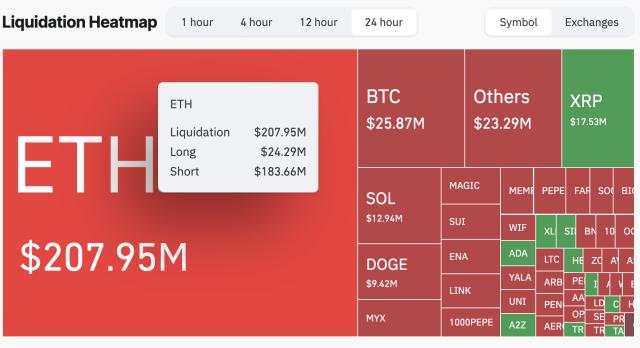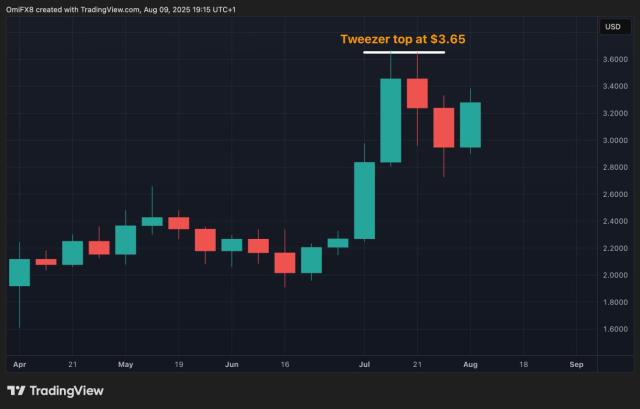At the crossroads of electricity, Taiwan's nuclear energy controversy is like a beast trapped in a maze, with each collision deepening social cracks. Nuclear Plant 3 and Nuclear Plant 4, two power plants with drastically different fates, are better seen as a "malfunctioning warning window" of Taiwan's operating system rather than energy facilities.
[The rest of the translation continues in the same manner, maintaining the original structure and translating all text while preserving the <> tags.]The dilemma of high-level nuclear waste (spent nuclear fuel) is the biggest pain point in Taiwan's nuclear energy development. Currently, all spent fuel rods are temporarily stored in fuel pools within each plant site, which are already near saturation. The mid-term plan to transition from wet storage to dry storage has been delayed for years due to administrative blockages by local governments and the "NIMBY" (Not In My Backyard) effect.
As for the final nuclear waste disposal site, under Taiwan's inherent conditions of narrow land and active geological features, even the legal basis for site selection is completely stuck. Although the Ministry of Economic Affairs has proposed a goal of "launching the final disposal site by 2055", this seems more like a distant political promise without a social consensus and trust foundation, rather than an executable plan.
Finland's successful experience is precisely a mirror reflecting Taiwan's failure. Finland could build the world's first high-level nuclear waste final repository, Onkalo. The key to their success lies not in technology, but in establishing a "social software" centered on trust, transparency, civic participation, and local veto power.
In contrast, Taiwan has long been dominated by the government and Taipower in nuclear waste disposal, with decision-making processes being opaque and civic participation being merely formalistic, leading to deep-rooted distrust among the public towards the competent authorities. The failure of this governance model has created a vicious cycle.
This cycle is:
Unable to resolve nuclear waste,
Making any discussion about nuclear energy
Seem irresponsible
This irresponsible image, in turn, further deepens the trust deficit. Unless Taiwan can thoroughly reform its nuclear waste governance framework, shifting from technical persuasion to democratic consultation, the future of nuclear energy will remain trapped in this unresolvable deadlock.
Is a Referendum a Political Game?
Facing a dysfunctional governance system, the referendum - a democratic tool originally meant to supplement representative deficiencies and build social consensus - has been alienated in Taiwan's nuclear energy issue, becoming a political arena that intensifies confrontation and tears society apart.
Not only does it fail to repair the malfunctioning "social software", but it's like installing a plugin that accelerates system collapse.
- After the 2018 Referendum Act lowered the threshold, nuclear energy issues became a new battlefield for party mobilization.
- The 2018 "Nuclear Energy for Green" referendum, where pro-nuclear forces won, abolished the non-nuclear homeland deadline in the Electricity Act.
- The 2021 "Restart Nuclear Four" referendum saw anti-nuclear forces successfully counterattack, completely vetoing Nuclear Four. The upcoming "Restart Nuclear Three" referendum in 2025 is the latest offensive launched by pro-nuclear forces after gaining an advantage in the legislature.
This endless referendum confrontation simplifies complex energy policies into black-and-white slogans, compresses public deliberation space, and replaces it with emotional mobilization and political maneuvering.
Voting results often reflect not careful consideration based on full information, but the current political atmosphere, society's anxiety about power shortages or nuclear disasters, and the mobilization capacity of various camps.
This mode of deciding major infrastructure developments spanning decades through periodic political gambles injects enormous uncertainty into Taiwan's long-term energy planning. It forces both pro-nuclear and anti-nuclear sides to expend energy on winning the "next referendum" battle, rather than sitting down to jointly design a stable, sustainable energy and nuclear waste governance system.
Rebuilding Taiwan's Trust Contract
The controversy over Nuclear Three Plant's life extension and Nuclear Four Plant's failed conclusion are the upper and lower acts of a tragedy. We excel at addressing "hardware" challenges but have completely failed in constructing "social software".
As the AI era brings massive electricity demand, we easily fall into the "hardware thinking" trap, believing more power plants can solve problems. While electricity demand is hard, the ruins of Nuclear Four and the nuclear waste deadlock silently warn that without a trustworthy, smoothly operating "social software", even the most advanced hardware might become a source of social division.
The Nuclear Three restart referendum on August 23 is less a vote on an old power plant's future and more a renewed questioning of Taiwanese society. Are we ready? Can we start repairing, or even reinstalling, our malfunctioning national governance system?
*The article thanks NTHU Nuclear Engineering Master Lin and an electrical technician for their opinions and revisions.







